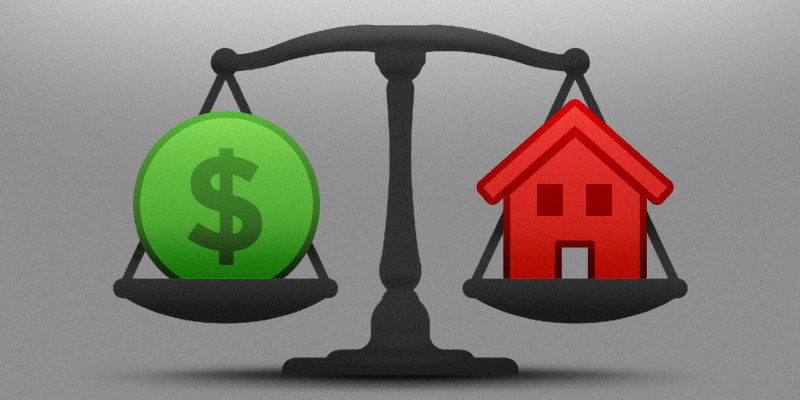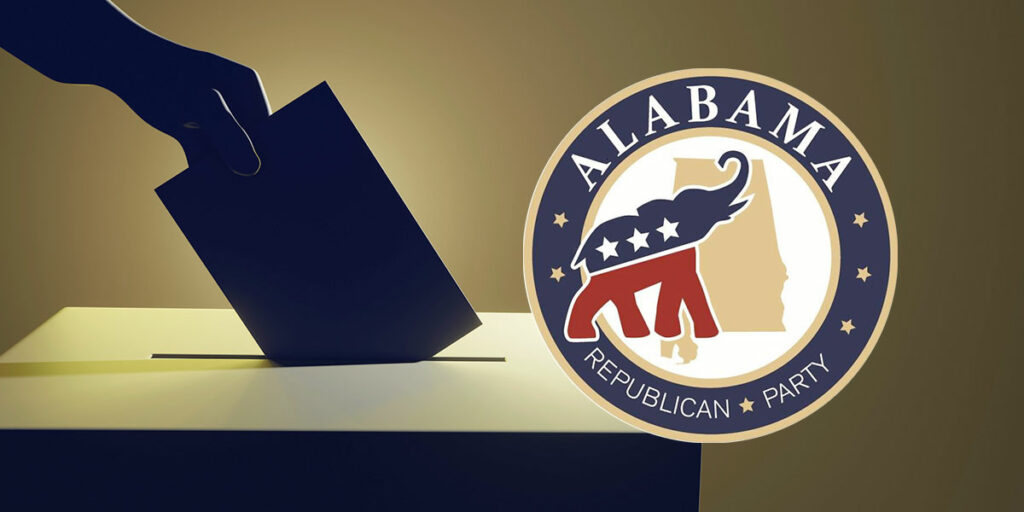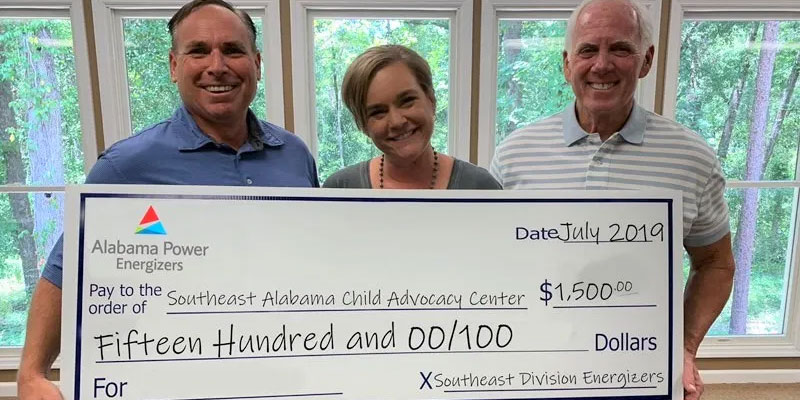By most measures of income, yes, Alabama is a poor state, but income does not account for the cost of living. Does a low cost of living offset lower income in Alabama? And is a low cost of living necessarily good?
Based on Census data, Alabama currently ranks in the bottom five states for both median household and per capita income. Alabama has been in the bottom ten states on these measures for years.
In 2018 Alabama ranked 46th, with less than half the cost of living in Hawaii, the highest cost of living state. Annual of income of $50,000 certainly goes further in Alabama than in Hawaii or New York. When adjusting income for cost of living, Alabama ranks in the thirties among states.
Do cost of living measures truly account for differences across states? This is an intriguing question. The measured cost of living overstates and understates the full cost in some ways.
Cost of living measures overstate differences in living costs due to substitution. People will buy similar goods when one increases in price relative to the others. Suppose that the price of Coke doubles while the price of Pepsi remains unchanged. Many people consider Coke and Pepsi interchangeable, or what economists call close substitutes, and will just buy Pepsi and be little affected by the price increase.
Substitution applies with most goods. Consider housing, one of the biggest factors in cost of living differences. A person might rent a one bedroom apartment if they lived in New York City versus a townhouse if they lived in Montgomery. A price index must measure the prices of the same market basket of goods for an apples-to-apples comparison. Yet price differences lead consumers to substitute.
Perhaps the bigger difference between high and low cost states is the difference in availability of goods and services in expensive cities like New York or San Francisco versus Alabama. For instance, a major city has a much wider variety of restaurants, including very expensive ones. Is the cost dining out higher? Yes, but dining involves eating food that is closer to your tastes.
Here’s another way of considering this point. The cost of dining at one of America’s finest restaurants if you live in Alabama likely includes airfare. The cost of dining out in Alabama does not reflect prices at many fancy restaurants, giving Alabama a low cost of dining.
Availability applies to museums, art galleries, and shopping in addition to restaurants. The cost of living is lower but fails to include certain options at all. Differences in availability do not impact everyone the same however. An Alabamian who does not value fancy restaurants, avant garde art, or $25 cups of coffee will not miss out. Economic statistics cannot control for such differences in tastes.
Technology and innovation, specifically the internet, Walmart and Amazon, have increased rural America’s consumption opportunities relative to large cities. Alabamians and New Yorker can both now find their favorite music, books and movies online.
Economic theory tells us that real estate prices should reflect all the good and bad things about a place. Anything making a community a more desirable place to live – including nice weather, recreation, and natural beauty in addition to consumption opportunities – increases the demand for housing and thus real estate prices. Things that people dislike lead to lower prices. Because not everyone agrees on the desirability of each item, real estate prices must reflect average or typical preferences. Government land use and zoning policies, however, reduce housing supply and increase prices, so price differences do not reflect desirability exclusively.
On average, house prices will be lower in places where fewer people prefer to live. Economists consequently recognize the limited appeal of inexpensive housing in recruiting job candidates. Differences in the availability of goods, services and opportunities offset lower prices for common items. As a result, whether you find Alabama to be a poor state is to some degree a matter of taste.
Daniel Sutter is the Charles G. Koch Professor of Economics with the Manuel H. Johnson Center for Political Economy at Troy University and host of Econversations on TrojanVision. The opinions expressed in this column are the author’s and do not necessarily reflect the views of Troy University.













